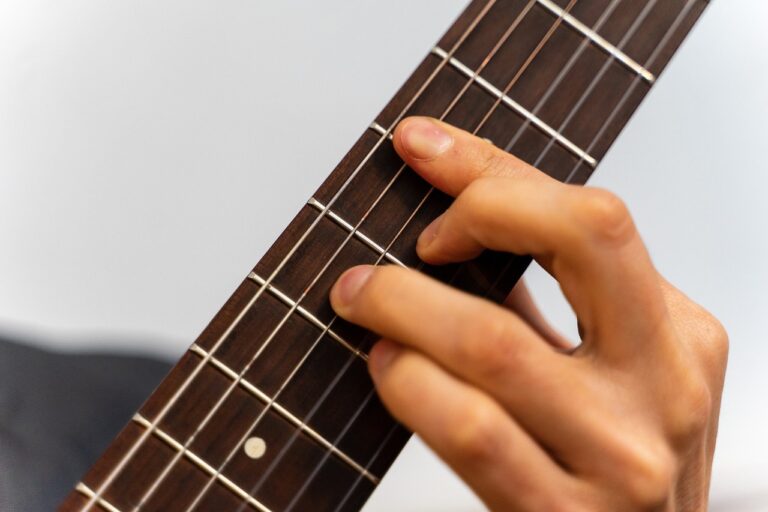Music Venues and Disaster Recovery: Rebuilding Communities through Cultural Resilience: Sky247.net login, Gold365.com, Gold365.win
sky247.net login, gold365.com , gold365.win: When disaster strikes, communities are often left devastated, grappling to rebuild and recover. In times of crisis, music venues can play a critical role in helping communities heal and come together. These cultural hubs provide not just entertainment, but a sense of identity and belonging that can be instrumental in the recovery process. Music venues, with their unique ability to bring people together, can serve as focal points for rebuilding communities through cultural resilience.
Rebuilding After Disaster Strikes
In the aftermath of a disaster, communities may be left with physical damage, emotional trauma, and a sense of loss. Music venues, with their ability to create a sense of community and connection, can play a key role in the recovery process. By offering a space for residents to come together, share their experiences, and find solace in music, these venues can help communities heal and rebuild.
Preserving Cultural Heritage
Music venues are not just places to enjoy live music; they are also repositories of cultural heritage and history. When a music venue is damaged or destroyed in a disaster, a community loses a part of its identity. Rebuilding these venues is not just about restoring a building; it is about preserving the stories and memories that are tied to these spaces. By investing in the reconstruction of music venues, communities can ensure that their cultural heritage is protected and passed down to future generations.
Boosting Economic Recovery
Music venues are not just cultural assets; they are also economic drivers. By bringing in tourists, supporting local businesses, and creating employment opportunities, these venues contribute to the economic vitality of communities. When a music venue is damaged or closed due to a disaster, the economic impact can be significant. Rebuilding these venues can help kickstart the local economy, providing a much-needed boost to businesses and residents alike.
Supporting Mental Health
In times of crisis, mental health can often be overlooked. Music has long been recognized for its therapeutic benefits, helping people process their emotions and find comfort in times of distress. By reopening music venues and offering live performances, communities can provide a much-needed outlet for residents to express themselves and find solace. Music has the power to uplift spirits, foster connection, and promote healing, all of which are crucial for mental well-being in the wake of a disaster.
Promoting Community Engagement
Music venues are not just passive spaces for entertainment; they are also hubs for community engagement. By hosting events, workshops, and gatherings, these venues encourage residents to come together, participate in cultural activities, and connect with one another. In the aftermath of a disaster, community engagement is essential for rebuilding social ties and fostering a sense of belonging. Music venues can provide a platform for residents to collaborate, share resources, and support one another as they work towards recovery.
A Beacon of Hope
In times of darkness, music venues can serve as beacons of hope, lighting the way towards healing and resilience. By investing in the reconstruction of these cultural hubs, communities can rebuild not just their physical infrastructure, but also their social fabric and sense of identity. Music venues have the power to bring people together, promote healing, and foster resilience in the face of adversity. As communities work towards recovery, music venues can play a crucial role in guiding them towards a brighter future.
FAQs:
Q: How can music venues help communities recover from disasters?
A: Music venues provide a space for residents to come together, share their experiences, and find solace in music, helping communities heal and rebuild.
Q: Why is it important to preserve music venues as part of a community’s cultural heritage?
A: Music venues are not just buildings; they hold the stories and memories of a community, preserving its cultural heritage for future generations.
Q: How do music venues support economic recovery in communities?
A: Music venues bring in tourists, support local businesses, and create employment opportunities, boosting the economic vitality of communities.
Q: How can music venues promote mental health in the aftermath of a disaster?
A: Music has therapeutic benefits, helping people process their emotions and find comfort, promoting mental well-being in times of distress.
Q: What role do music venues play in fostering community engagement?
A: Music venues host events, workshops, and gatherings, encouraging residents to come together, participate in cultural activities, and connect with one another, rebuilding social ties in the community.







